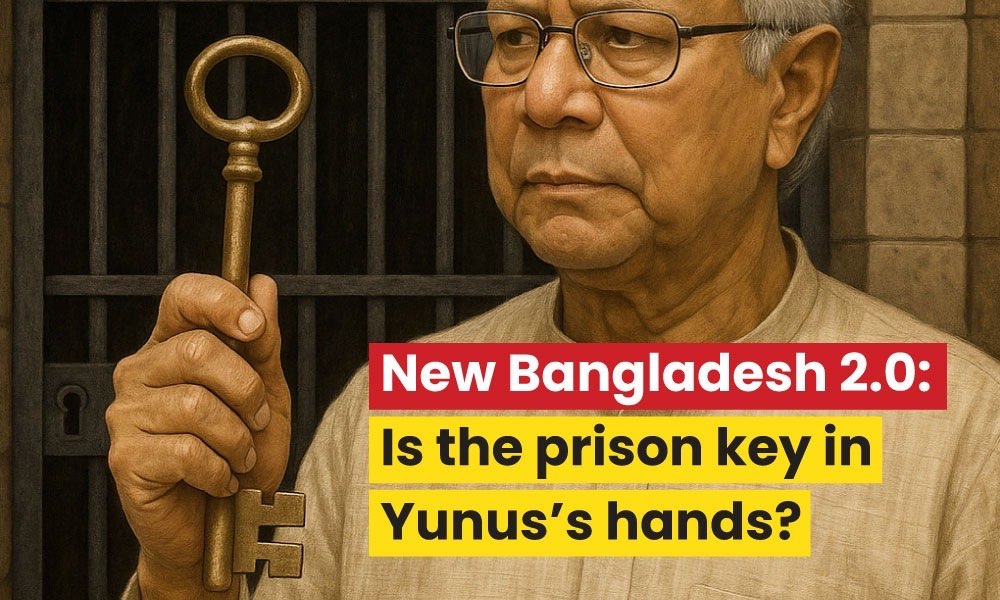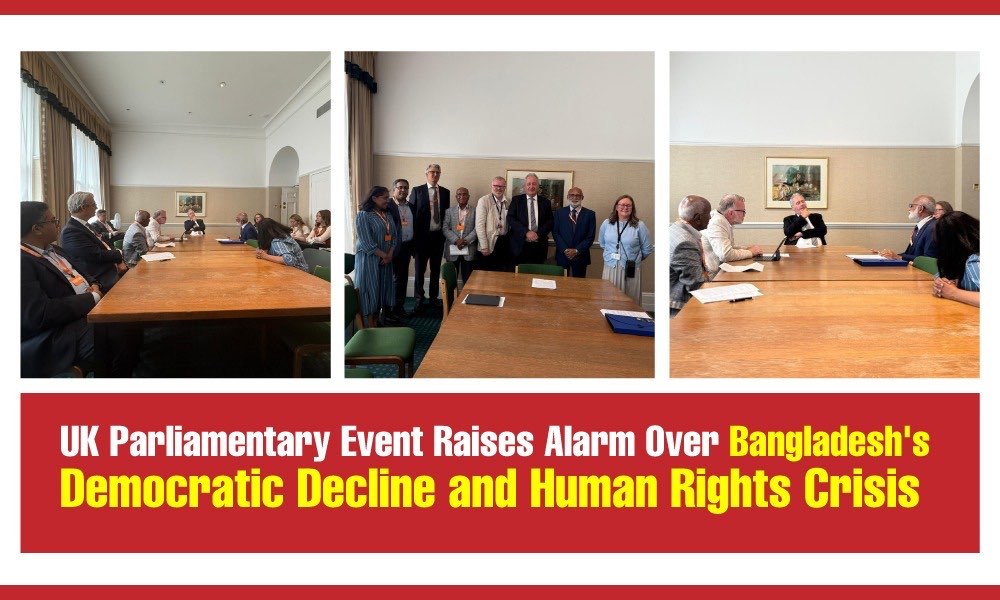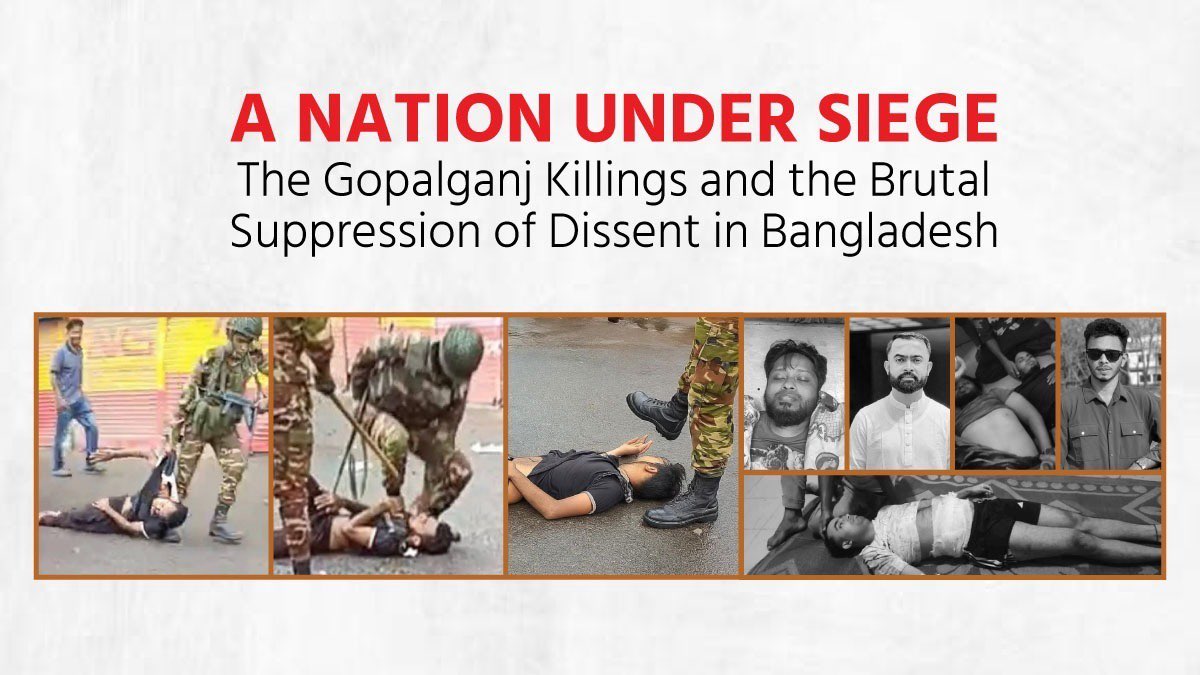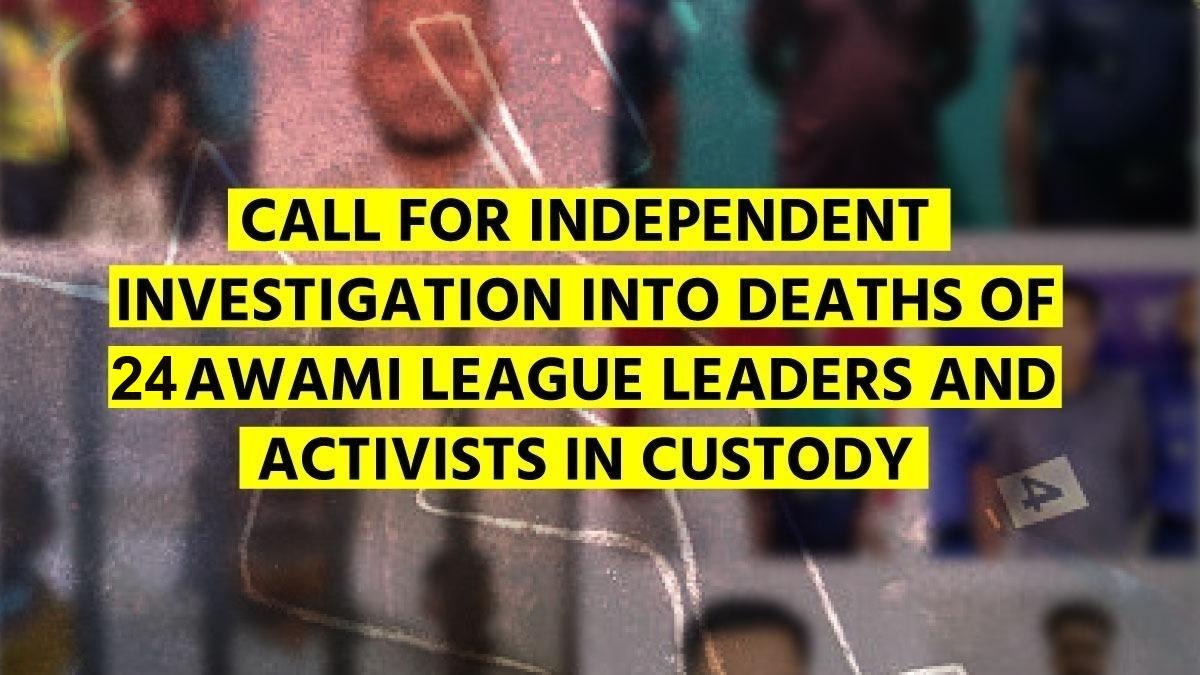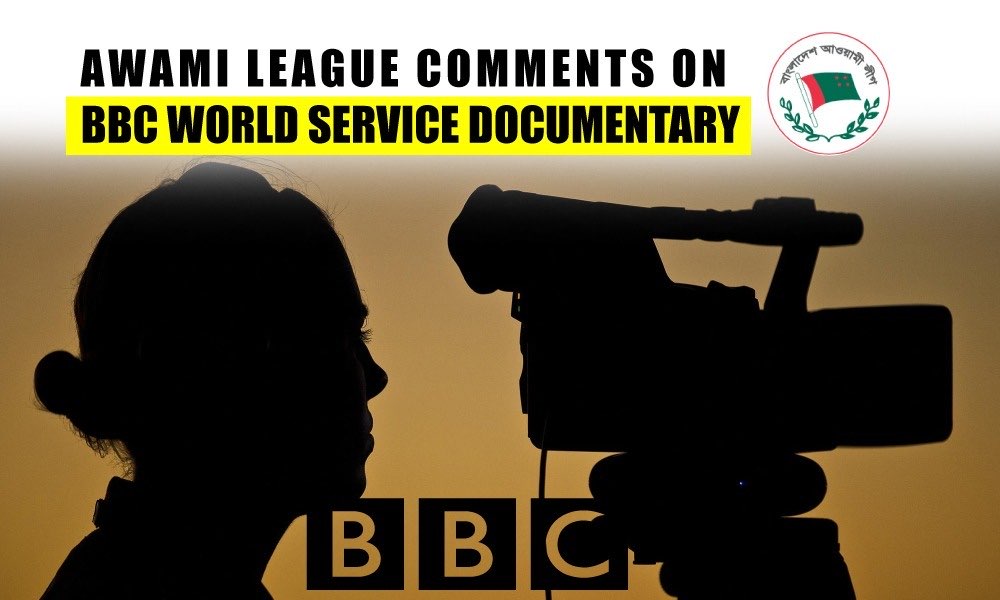2547
Published on April 24, 2025Since August 2024, Bangladesh has seen a surge in politically motivated false cases, marking a disturbing turn under the so-called interim government led by Muhammad Yunus. What was promised as a neutral transition has become a repressive regime, using the legal system as a weapon against opponents.
Thousands of fabricated cases have been filed—often with identical scripts, naming hundreds of “unknown accused”, and targeting opposition leaders, journalists, lawyers, and even bystanders. The judiciary, instead of upholding justice, is now seen as a tool for political persecution.
Thousands of people—including opposition leaders, journalists, and civilians—have been accused in scripted, baseless cases, often involving hundreds of unknown individuals. The country's judiciary appears increasingly compromised, as political motives overshadow justice.
If the very institutions meant to uphold justice are being used to crush dissent, can this truly be called a transition—or is it a quiet coup disguised in legality?
Weaponized Justice: The Collapse of Judicial Integrity Under Yunus
In the days following August 5, 2024, a terrifying new pattern emerged across Bangladesh: the mass filing of false cases, often with no merit, no investigation, and sometimes no real victims. Reports began pouring in of blanket FIRs accusing 200 to 600 unknown individuals, with names often added at the whims of local police or political operatives. What connects these cases is not justice, but a centralized script, reused and recycled—a blunt instrument designed to instill fear and paralyze the opponent, mainly the Awami League Supporters.
From students to lawyers, journalists to opposition leaders, no one is safe. Many have been falsely charged with serious crimes like arson and murder, despite clear evidence they weren’t even present. Senior lawyer and human rights defender ZI Khan Panna, himself a victim of a fake case, described the situation bluntly: "It’s as if someone circulated a template, and the whole system is now following it blindly."
Under the leadership of Muhammad Yunus, this so-called interim government has transformed the judicial process into a tool of political suppression. Police officers are reportedly receiving verbal instructions to accept any complaint, no matter how dubious. In many cases, they do not even verify the merit or primacy of the accusation. Instead, they move swiftly to arrest, detain, and harass, often invoking Section 54 to sweep up innocent people under the label of "unknown accused."
What’s more disturbing is the absence of consequences for filing false cases. Although Bangladeshi law allows for penalties against false accusers, not a single example of such punishment exists in this wave of fabricated allegations. The result is a legal free-for-all, where anyone can be accused, detained, and humiliated—without evidence, without justice, and without recourse.
Now, it is safe to say that the legal system is no longer a safeguard—it has become a weapon, wielded by those in power to intimidate, neutralize, and silence. And at the center of it all stands a regime that claims to be interim, yet behaves like a permanent authoritarian force.
Reform or Deception? The Truth About Human Rights Under the Yunus Regime
Under the Yunus-led constitutionally illegal interim regime, the concept of human rights has all but vanished in Bangladesh. Arbitrary arrests, political harassment, and indiscriminate violence have replaced the rule of law. Law enforcement agencies, once meant to protect citizens, now operate as tools of political suppression, fueled by verbal orders, fabricated cases, and zero accountability.
The judiciary—the final refuge for justice—has been compromised. Judges face public pressure, mobs organized by student fronts, and behind-the-scenes interference. Some have been forced to resign, others transferred without cause. This is not justice—it’s coercion.
Human rights defenders are silenced, protesters are labeled criminals, and innocents rot in jail under the weight of fictitious charges. There is no legal remedy, because the entire system—from the police station to the courtroom—has been weaponized against the people.
However, all cases against Muhammad Yunus himself have been quietly scrapped. While ordinary citizens are falsely implicated in mass cases, the man orchestrating the current regime walks free, untouched and unchallenged. In a country where thousands face fabricated charges, the only immunity belongs to the regime and its inner circle.
In today's Bangladesh, under this so-called “neutral” regime, HUMAN RIGHTS are not violated—they are non-existent.
